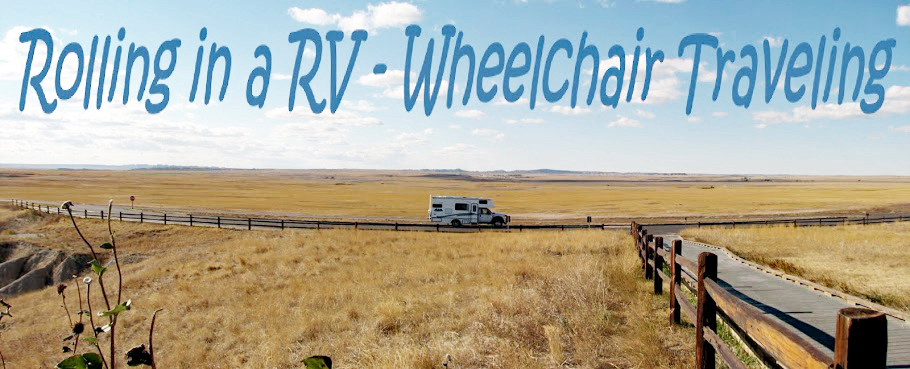
Andrew Jackson, the 7th US president, lived through an interesting and violent period of history where he played a role in events that changed the country. He lost all members of his immediate family during the American Revolution, prospered as a plantation owner after the invention of the cotton gin, became a national hero during the War of 1812 and, as president, supported the Indian Removal Act which caused enormous suffering and death. He was and still is a very controversial figure.
Jackson bought the 420-acre Hermitage property in 1804. At that time the main house was a two story log building. In 1821 a two story, eight room, brick house was built for Jackson and his wife, Rachel, using skilled slave labor. In 1834 a fire destroyed most of the structure and a third house, the current one, was built. Over his lifetime Jackson expanded the plantation to 1,000 acres and had more than 100 slaves tending fields of cotton and corn, and raising crops and animals for consumption on the plantation.
Admission to the site includes the museum (closed for renovations), a guided tour of the house and a self guided tour of the grounds. Located on the grounds are a small formal garden where the Jacksons are buried, a smokehouse, springhouse, three slave cabins, and a nature trail. A audio tour wand is included in the admission price.

The museum and first floor of the mansion are accessible. Scooters are too big for the mansion tour but manual and power chairs are available to borrow. Photographs of the second floor rooms are available. The kitchen which is located off of the back porch is not accessible.The garden paths are mostly loose gravel. The main trail on the grounds is paved and makes a loop past all of the slave cabins. None of the slave cabins are accessible. The nature trail is not accessible.


A parking lot with long spaces for RVs and buses is located at the far end of the car parking lot. Hermitage
36.21431, -86.61591

No comments:
Post a Comment